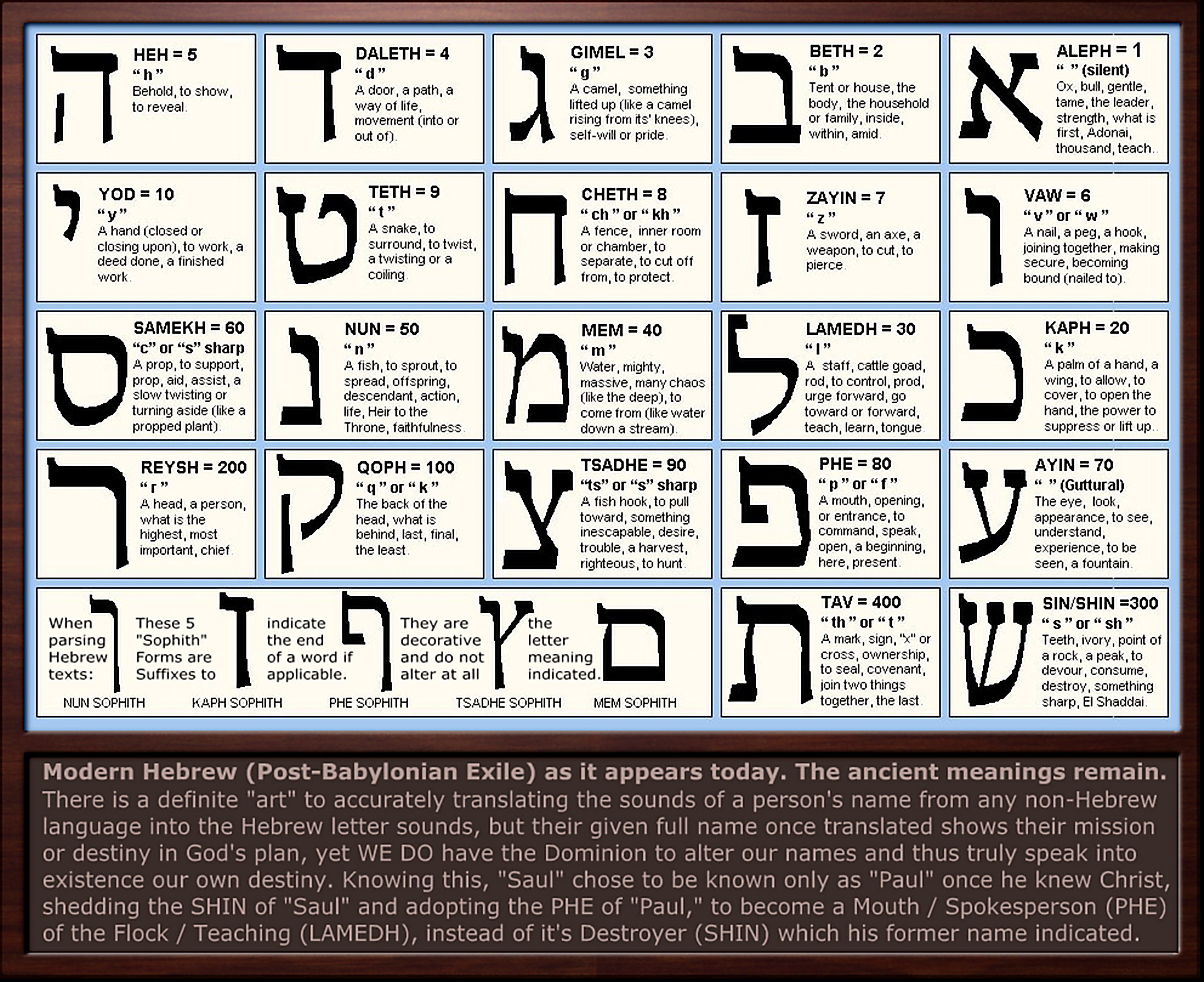Understanding the Five W’s in Hebrew
Modern Hebrew uses different terms than English to ask the five fundamental questions: who, what, where, when and why. Let’s take a deeper dive into each question word and how they are used in the beautiful Hebrew language.
Pronouns in Hebrew
As in English, Hebrew has distinct pronouns to refer to people. The word for “who” is מי (mi), which interestingly resembles the name for the note E. The pronoun for “he” is הוא (hu), while “she” is היא (hi). You may notice the similarity between the Hebrew and English pronouns - an amusing correlation worth noting!

Asking “Who” in Hebrew
To ask who in Hebrew, you use the word מי (mi). However, there is a clever way to refer to someone undefined using מישהו (mishahu), which combines מי, the interrogative ש (sh) and a defective form of הוא (he). So מישהו literally means “who that he is”, but is understood to mean “someone”. For example: מישהו רוצה גלידה? Who (is the one that) wants ice cream?
The Question “What” in Hebrew
To ask what in Hebrew, you use מה (ma). Like who, you can create the word for “something” by adding שהו to מה, resulting in משהו. You may have also noticed Hebrew utilizes holes or missing vowels effectively. The word מה is a great example, as prolonging the “ah” sound creates the laidback way to ask “what’s up” or “how are you” in casual speech.
Asking “Where” in Hebrew
The Hebrew word for where is איפה (efo). This combines איה (“where”) with פה (“here”) to literally mean “where here”. Notice the tricky holem vowel after the peh, turning the ending vowel sound to “oh” instead of “ah”. In practice, both efo and eyfo are used depending on dialect. To refer to a location, you can use איפה with שהו to say איפשהו meaning “somewhere”.
Asking “When” in Hebrew
To ask when in Hebrew, the word used is מתי (matay). Like the other question words, you can combine it with שהו to reply מתישהו, meaning “sometime” or “eventually”.
The Question “Why” in Hebrew
To ask why in Hebrew, the word is למה (lama). This is a combination of מה (“what”) with the prefix ל־ (“to” or “for”), literally meaning “for what”. Remember, all languages have quirks - don’t focus on word-for-word translations. Asking למה is simply the Hebrew way to ask “why”.
Asking “How” in Hebrew
Finally, to ask how in Hebrew you use איך (eikh). The kh sound here is light, avoiding an unwieldy diphthong. Colloquially, איך is often shortened further to just ech. So whether you say eikh or ech, you now know the word for how in Hebrew!
Conversational Hebrew Phrases
By combining the question words with שהו, you quickly pick up some useful conversational phrases. Here are a few examples:
- מישהו רוצה קפה? - Anyone want coffee?
- יש משהו חדש? - Is there anything new?
- איפשהו טוב לאכול? - Anywhere good to eat?
- מתישהו בשבוע הבא? - Sometime next week?
With the foundation of the five W question words in Hebrew, you’re ready to explore more of the beautiful and rich Hebrew language. Keep practicing - you’ll be chatting with native speakers in no time!
Resources for Learning More Hebrew Grammar
Taking a deeper dive into Hebrew grammar reveals many fascinating nuances. Here are some additional resources to enhance your understanding:
- Quora is a treasure trove of crowd-sourced knowledge. Browse questions like “What is an example of Hebrew grammar that most people don’t know?”
- Dive into why certain structures exist, such as “Why can Hebrew be read without written vowels?”
- Learn about the history and development of Modern Hebrew with posts on “How the Hebrew language was revived”
- Follow amusing Hebrew language blogs that highlight little known facts or “Joys & Quirks” of the language
Keep enhancing your knowledge - the more Hebrew grammar concepts you understand, the more natural your conversations will become. By regularly reviewing resources, your language skills will continue growing.
I hope this deep dive into the five W question words gave you a strong foundation to start building conversational fluency in Hebrew. Keep practicing and have fun along your language learning journey!
